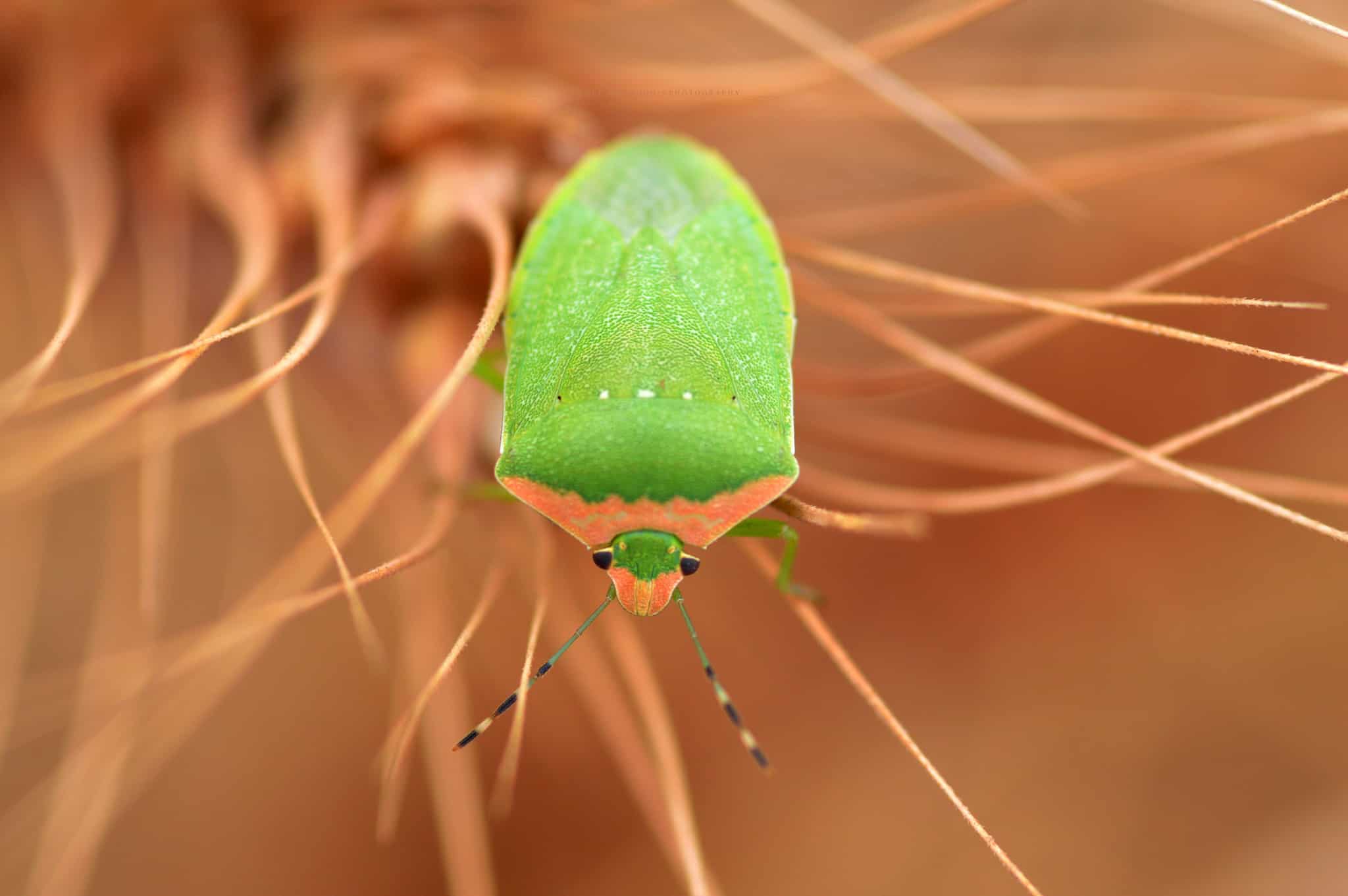Big data collaboration for crop loss research – it’s complicated
We already know we lose a vast amount of crop produce to diseases, pests, and weeds. But how do we find out how much, where and when?

Diseases, insects and weeds pose a significant threat to global potential crop production, with potential losses estimated at 16%, 18%, and 34%, respectively.
Information on crop loss is critical for strategical agricultural research and development efforts on food security and risk management.
However, research data on crop loss is often very localized or collected sporadically, making it difficult to make inferences about losses over larger areas or timescales. On the other hand, standardized national and state level data collections can sometimes be difficult to access.
There is valuable and applicable information out there, but it is fragmented and incomplete, and getting access to what is there can be, well, complicated.
Without access to consistent and timely information on the causes and magnitudes of crop losses it is hard to quantify the risks associated with shifts in crop health in response to global changes or identify potential gains that could be achieved through improved or more efficient crop health management.
While some protocols are available to measure crop damages in the field, they are often not applicable in practice and not relatable to the amount of production lost. Private sector companies working on crop protection technologies are believed to have a wealth of data, but they are not well shared with the research community due to challenges such as proprietary information, and privacy concerns etc.
To address these complex issues, the first International Conference on Crop Losses was held at the INRA (Institut National de la Recherche Agronomique) Headquarters in Paris from 16 to 18 October 2017, organized by the co-authors of a recently published seminal paper on the topic.
The conference gathered more than 70 scientists internationally working on multidisciplinary research topics relevant for crop losses, from plant pathology, agronomy, climatology, to human health, nutrition, and resource economics. For three days, participants intensely discussed how to quantify the negative impacts of plant diseases, pests, and weeds on crop health, crop performances, ecosystems and society and to ask how we can establish a global, open-source database on crop losses.
Jawoo Koo from the International Food Policy Research Institute (IFPRI) and Co-Pioneer of the CGIAR Platform for Big Data in Agriculture participated and co-presented a keynote speech with Andy Nelson on the past and ongoing experiences in developing open-source online scientific databases.
Jawoo said he found that main discussion topics around the crop loss data issues at this conference were “aligned with what the Platform has been focusing on.”
“Many participants shared their knowledge on available datasets such as chemical companies, breeding trials by public and private sectors, extension agents, and farmers’ fields, discussing their potential utilities once shared and value-added. However, most still recognized that opening such data sources would not be a trivial task.” Said Koo.
The challenges discussed regarding open data included the lack of common standards in crop loss data, lack of institutional supports and enforcing policies, lack of incentives for researchers, and concerns on data ethics and privacy – many of which we at CGIAR are working to address.
Participants recognized that not everything was immediately solvable, but several good-practice and forward thinking ideas were shared with the community. These included the use of ICT-based tools, such as the mobile crop disease identification tool that won an Inspire Challenge grant recently, and the deeper collaboration with CGIAR through the Platform.
It was largely conceived as a clear win-win: CGIAR’s breeding trial data can help by adding specificity of global crop loss data, and CGIAR can ensure the relevance of agricultural research and breeding strategy by taking into account important biotic constraints.
Another important action point agreed throughout the conference was the urgent need for developing an ontology for crop pests and diseases, which will help to integrate diverse and distributed data sources. For this, the Platform’s Community of Practice for Ontology was also expected to make a connection to scope the pest and disease in the ongoing ontology development efforts in CGIAR.
Jawoo will continue act as a Platform contact point for the crop loss community and seek collaboration opportunities.





